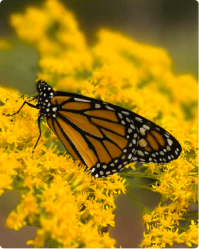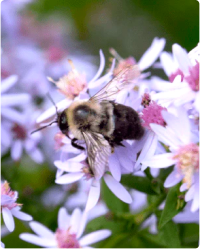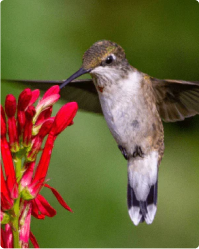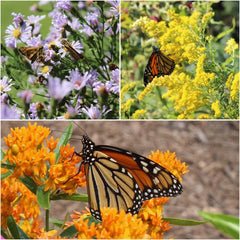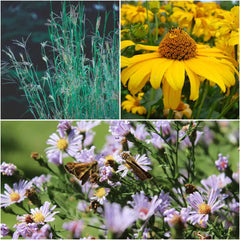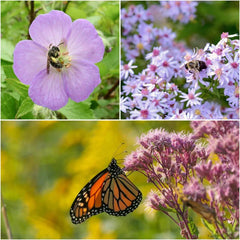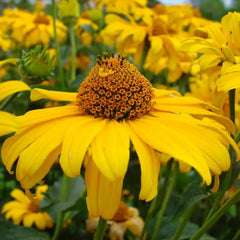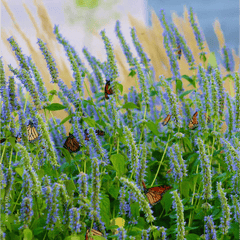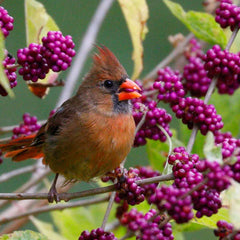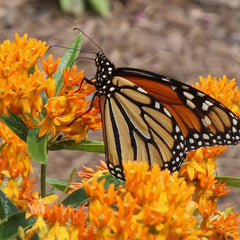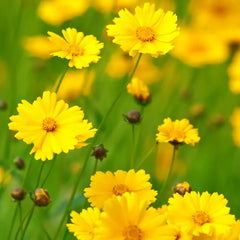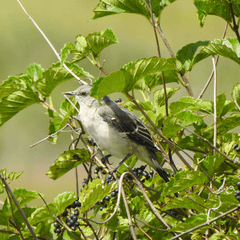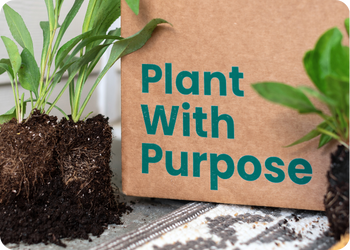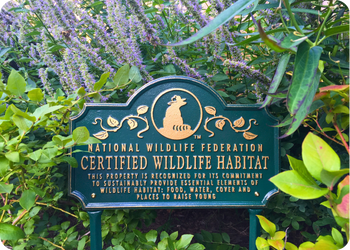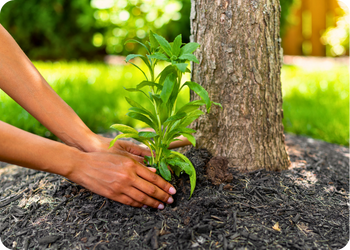- Shop All
- Plant Finder Quiz
- Collections
-
Regions
- Connecticut
- Maine
- Massachusetts
- New Hampshire
- New Jersey
- New York
- Pennsylvania
- Rhode Island
- Vermont
Northeast
- Alabama
- Arkansas
- Delaware
- District of Columbia
- Florida
- Georgia
- Kentucky
- Louisiana
- Maryland
- Mississippi
- North Carolina
- South Carolina
- Tennessee
- Virginia
- West Virginia
Southeast
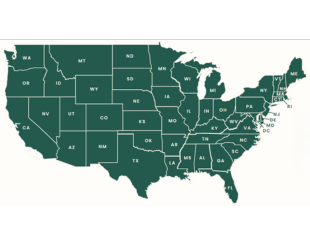
View Map
- Habitats
- Wildlife
- Our Mission
- On Sale
- New
Summer Songbird Native Plant Sale (August 22-24, 2025)
Bring the joyful sound of songbirds to your yard! Our Summer Songbird Native Plant Sale is the perfect way to create a thriving habitat for local birds. This weekend only, save 20% automatically on our special collection of native plants—a key food source that provides the caterpillars and insects baby birds need to survive. Fill your garden with life and help support the next generation of songbirds!
Our Top Picks
Nourish the next generation of songbirds with our top picks! These native plants provide a vital food source.
Filtered By:
Filters
Animal Resistant
Soil Type
Light Conditions
Bloom Type
Plant Height
Plant Type
Soil Moisture
Wildlife Benefits
Flower Color
Price range
0 Products
0 of 0 Products
Be the first to know about sales on native plants
- How do native plants help birds?
- What types of birds benefit from native plants?
- Which plants should I plant this fall?
- How long does the sale last?
To survive, native birds need native plants, trees and the insects that have co-evolved with them. Many plants available in nurseries are not native, but exotic, ornamental or invasive species. With 96% of all terrestrial bird species in North America feeding insects to their young, native plants and trees are necessary for their survival. Planting native will not only help birds, but also pollinating insects such as bees and butterflies, along with amphibians, reptiles and small mammals.
Seed Eaters, including sparrows, finches, juncos and doves, rely on seeds from native plants as their primary form sustenance throughout the fall and winter.
Insect Eaters, such as the woodpeckers, nuthatches wrens and chickadees, search for insects beneath the bark of trees, especially during the winter when insects are less active. Dead or decaying trees, known as snags, provide excellent foraging spots.
Berry Eaters like the American robin, eastern bluebird and northern mockingbird enjoy native berries like those from hollies and hawthorn bushes.
Winter-Resident Birds rely on native plants for cover in fall and winter. Evergreen foliage offers great shelter for many species, while dense plantings of native grasses and perennials for others.
As the seasons change and the air turns crisper, our gardens transform into crucial refuges for our feathered friends. Fall and winter bring unique challenges for native birds, but with the right native plants, we can create nurturing havens that sustain these winged wonders.
While they may not actively be in bloom during cold months, these plants provide essential food sources, shelter, and even nesting materials for birds. Here are some native plant species that are particularly beneficial to wildlife during the colder months:
Black-eyed Susan (Rudbeckia spp.) - The seeds of black-eyed Susan plants are a nutritious winter food for finches, sparrows, and other seed-eating birds.
Coneflowers (Echinacea spp.) - Coneflowers not only provide seeds for birds but also attract insects during the growing season, serving as a year-round resource.
Asters (Symphyotrichum spp.) - Asters produce small seeds that attract finches, sparrows, and other small birds during the colder months.
Sunflowers (Helianthus spp.) - Sunflowers are renowned for their abundant seeds, which are cherished by a wide range of birds, including cardinals, jays, and chickadees.
Goldenrods (Solidago spp.) - Goldenrods provide seeds and shelter for birds during the winter, supporting species like sparrows and finches.
The Summer Songbird Sale runs from Friday, August 22 through Sunday, August 24. During the sale, all native plants in the songbird collection are 20% off. No discount code required!
Support your local wildlife.
Help birds, pollinators such as bees, butterflies, other insects, amphibians and small mammals, and reptiles.Have a global impact.
Help create habitats for declining wildlife, reduce urban heat islands and manage storm water runoff.Bring nature home.
There’s no easier place to get a daily dose of nature and the physical, mental and spiritual benefits.Support our mission.
All orders benefit our non-profit to help declining wildlife and expand native plant availability nationwide.

Shop Native Plants for Songbirds
To survive, native birds need native plants, trees and the insects that have co-evolved with them. Many plants available in nurseries are not native, but exotic, ornamental or invasive species. With 96% of all terrestrial bird species in North America feeding insects to their young, native plants and trees are necessary for their survival. Planting native will not only help birds, but also pollinating insects such as bees and butterflies, along with amphibians, reptiles and small mammals.
Add some bird-friendly flowers, shrubs, and grasses to your yard.
Find out what's blooming.
Sign up for updates on new releases, sales, plant care tips, and more.
